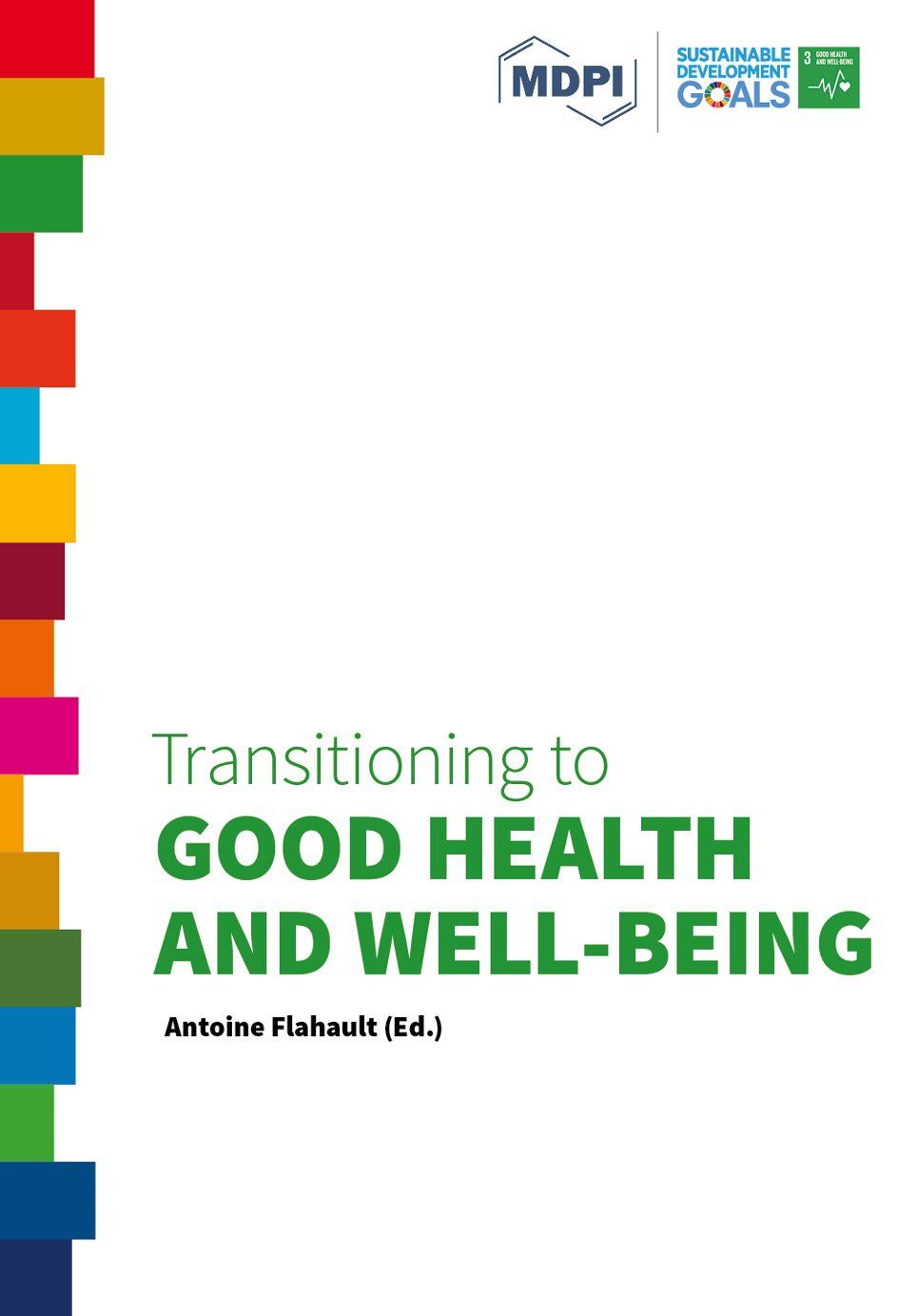Taxation of Tobacco, Alcohol and Sugar-Sweetened Beverages for Achieving the Sustainable Development Goals
Premature death and disability rates from non-communicable diseases (NCDs) have been rapidly increasing with potentially enormous implications on global economy. Three major risks factors for NCDs are tobacco use, harmful alcohol consumption, and poor diet. National governments can create incentives for behavioral changes in the consumption of these products through fiscal policies, such as price increase through taxation. A substantial body of empirical evidence suggests that a significant increase in prices of tobacco and alcohol products through higher taxes can discourage consumption and reduce their negative impact on the individual’s health and the economy. Emerging increasing evidence on the impact of consumption of sugar-sweetened beverages (SSBs) suggests the same. Consumption of tobacco, alcohol and SSBs can undermine development and attempts at meeting the Sustainable Development Goals (SDGs), including health and well-being, hunger and poverty alleviation, quality education, economic growth, and reduced inequality. The empirical evidence shows a strong causal effect of consumption of tobacco, alcohol, and SSBs on NCDs. The attributable estimated economic costs can be very high, and significantly higher than the tax collection on consumption of these goods. Moreover, consumption of tobacco, alcohol, and SSBs can crowd-out spending on food and nutrition and increase hunger. In addition, the attributed NCDs can lead to lost productivity and earnings, as well as high out-of-pocket medical expenses for their treatment, putting an individual and their families into a vicious circle of poverty. At the same time, children may be forced to drop out of school to take care of ill family members or to work to make up for lost earnings, denying them educational opportunities and having an intergenerational impact on their and their country’s economic development and growth. This paper reviews the empirical evidence on the impact of consumption of tobacco, alcohol, and SSBs on SDGs to make a strong case to support a significant tax and price increase to help achieving a country’s development goals.
